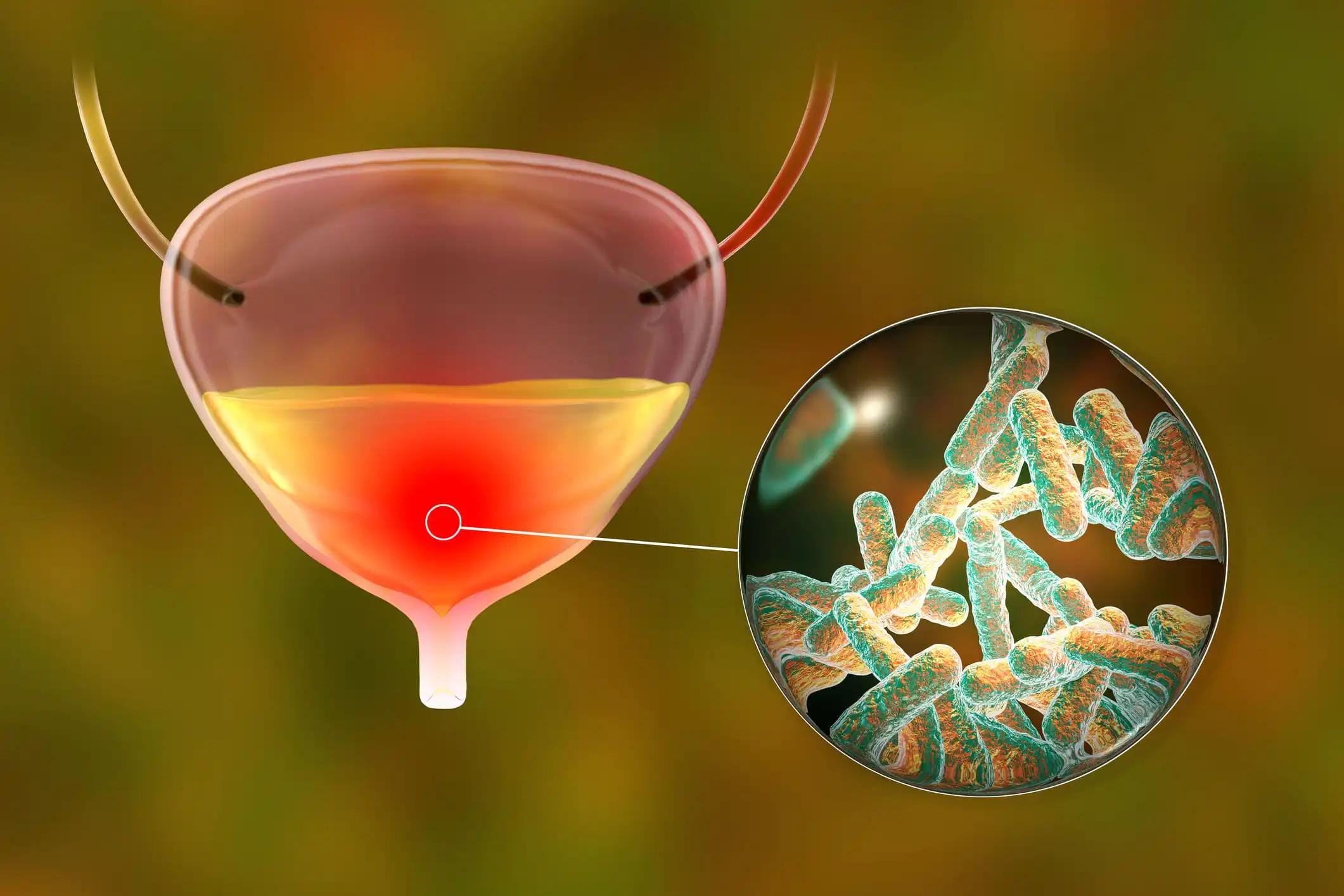KEY TAKEAWAYS
- The phase 1 trial aimed to investigate the synergistic immunostimulatory effects of combining S095018 with Sym021 in patients with advanced/metastatic recurrent biliary tract cancer.
- The primary endpoints were to determine the ORR and AE’s.
- Researchers observed encouraging antitumor effects and good tolerability with S095018 and Sym021 in biliary tract cancer. Further research is ongoing.
TIM3, an inhibitory immunoreceptor, suppresses immune cell activity within the tumor microenvironment. S095018, a human anti-TIM3 IgG2 antibody, promotes immune cell stimulation by blocking phosphatidyl serine binding to TIM3. Sym021, a humanized IgG1 antibody, inhibits PD-1 binding to its ligands, PD-L1 and PD-L2. Preclinical data suggest that combining Sym021 and S095018 enhances immunostimulatory antitumor activity.
F. Ghiringhelli and the team aimed to investigate the synergistic effects of combining S095018 and Sym021 in patients with advanced/metastatic recurrent biliary tract cancer who have not received prior PD-1/PD-L1 inhibitors.
Researchers performed an inclusive analysis of S095018 combined with Sym021 in patients with advanced/metastatic biliary tract cancer. The study included individuals whose disease progressed under at least one line of systemic therapy and who hadn’t received prior PD-1/PD-L1 inhibitors. Sym021 was administered at a dose/schedule of 3mg/kg IV Q2W, while S095018 was given at 10mg/kg IV Q2W.
The primary endpoints were the overall response rate (ORR) using RECIST v1.1 and the incidence/severity of adverse events (AE’s). Key secondary endpoints involved pharmacokinetic (PK) parameters, disease control rate (DCR), progression-free survival (PFS), and overall survival (OS).
About 35 patients diagnosed with stage IV biliary tract cancer (34 cholangiocarcinoma, 1 gallbladder adenocarcinoma) received S095018 in combination with Sym021 as of 31-Oct-2023. None had prior immune checkpoint inhibitor treatment. The majority, 22(62.9%), had one prior antineoplastic systemic treatment, while 34.3% had received ≥2. Overall, 34(97.1%) discontinued treatment, mostly (85.7%) due to disease progression.
The best overall response included 2 partial responses (PR) (5.7%), 11 stable diseases (SD) (31.4%), 18 progressions (PD) (51.4%), and 4 not evaluable. Median progression-free survival (PFS) was 1.9 months (90% CI 1.8-3.7), and OS was 13.4 months (90% CI 8.2-27.1). DCR (CR+PR+SD) with SD≥16 weeks, ≥24 weeks, and ≥12 months was 28.6%, 22.9%, and 8.6%, respectively.
Common treatment-emergent adverse events (TRAEs) (>5%) included fatigue, pruritus, alkaline phosphatase increase, amylase increase, IRR (each 8.6%), and hypothyroidism, hyperthyroidism, AST increase, lipase increase, and myalgia (each 5.7%).
The exploratory biomarker analyses in paired tumor biopsies (N=18) revealed increased intratumoral CD8 T-cell density, upregulation of gene signatures related to IFNg signaling, antigen presentation, T-cell activation, and cytotoxicity post-treatment. Baseline tumor biopsies from the 2 patients with confirmed partial responses showed high PD-L1 expression.
The study concluded that S095018 combined with Sym021 demonstrated significant antitumor activity in patients with advanced/metastatic recurrent biliary tract cancer who had not been previously treated with PD-1/-L1 inhibitors.
Additionally, the combination exhibited good tolerability without any new safety concerns. Ongoing biomarker analysis aims to provide further insights into treatment response and mechanisms of action.
The trial was sponsored by Symphogen A/S.
Source: https://www.abstractsonline.com/pp8/#!/20272/presentation/11500
Clinical Trial: https://clinicaltrials.gov/study/NCT04641871
Ghiringhelli F., Kim R., Macarulla T., et al. (2024). “A phase 1b multicenter study of anti-TIM3 (S095018/Sym023) in combination with anti-PD1 (Sym021) in patients with advanced/metastatic recurrent biliary tract cancer.” Presented at AACR 2024 (Abstract CT133 /12).



